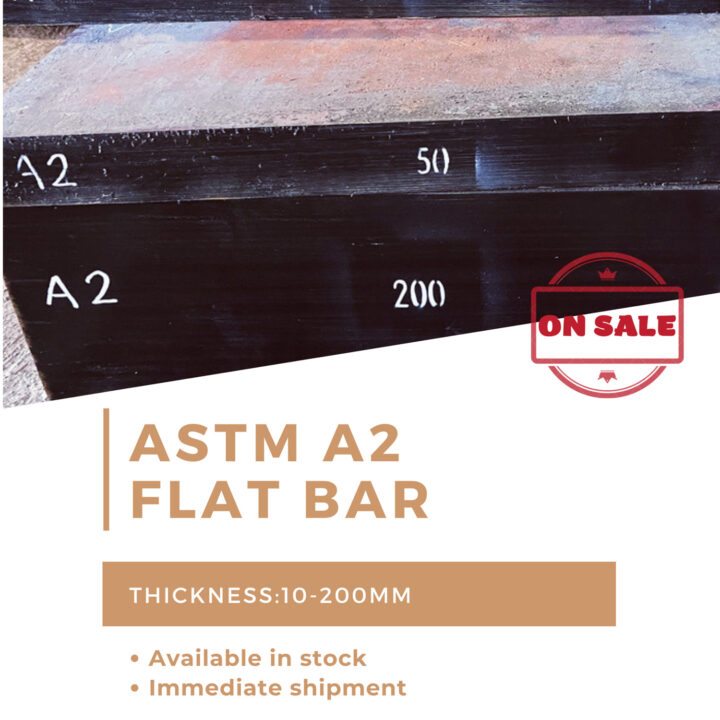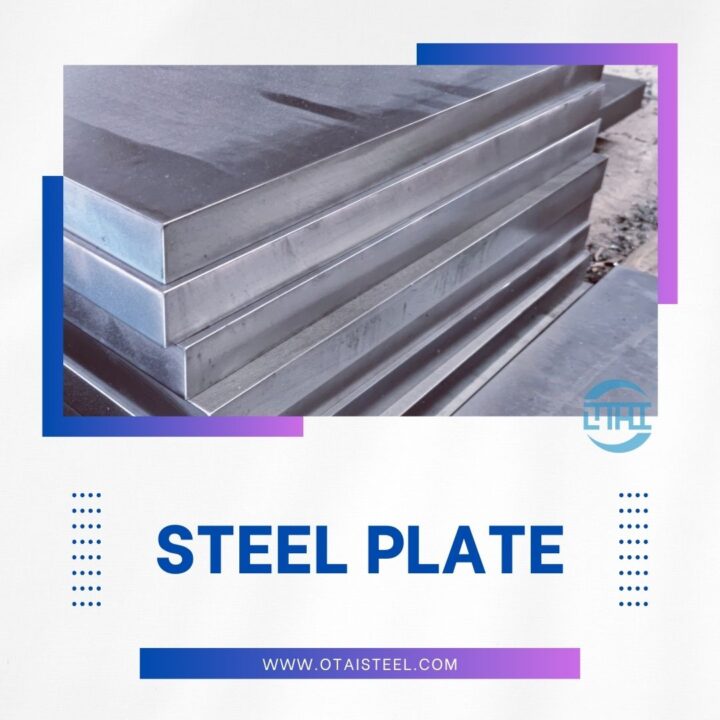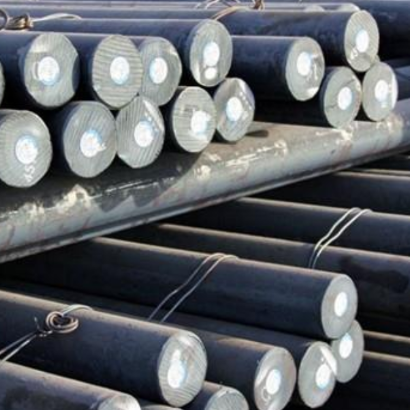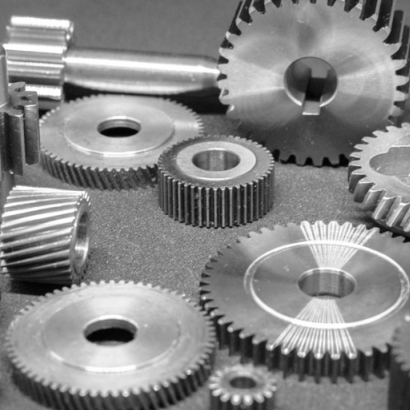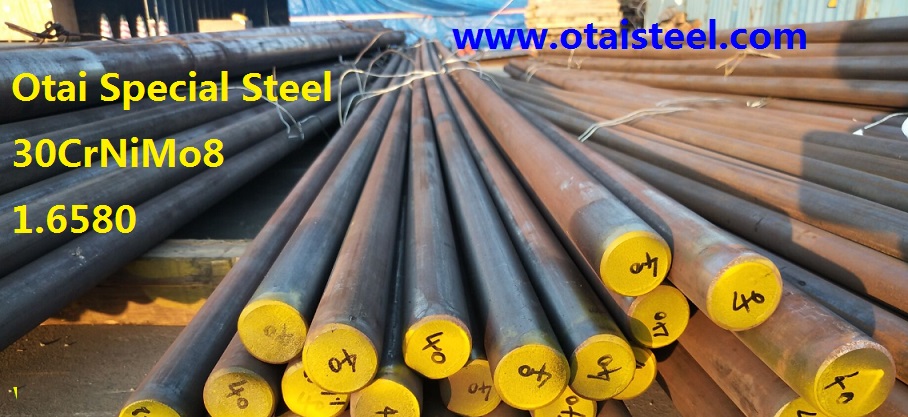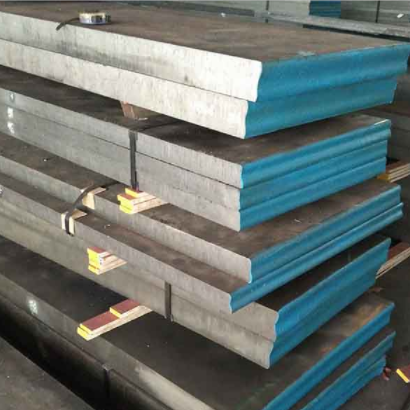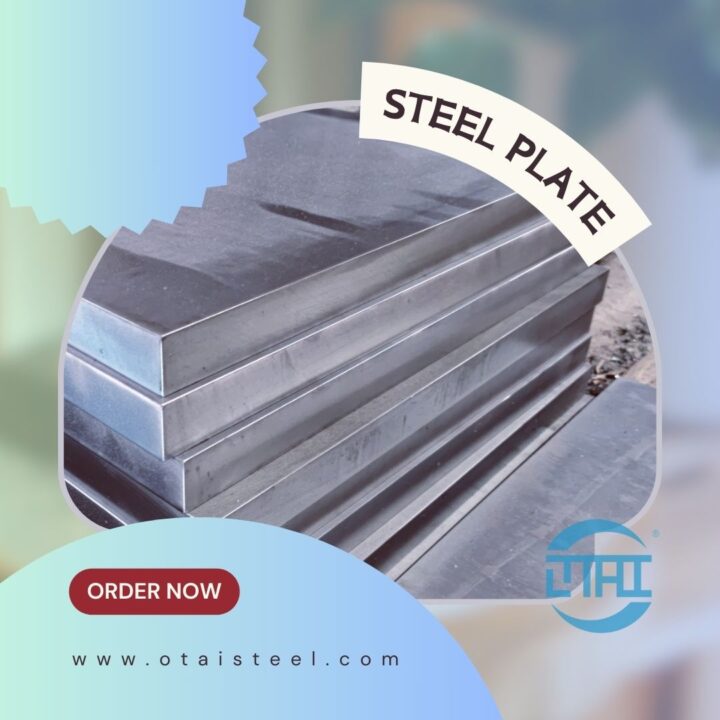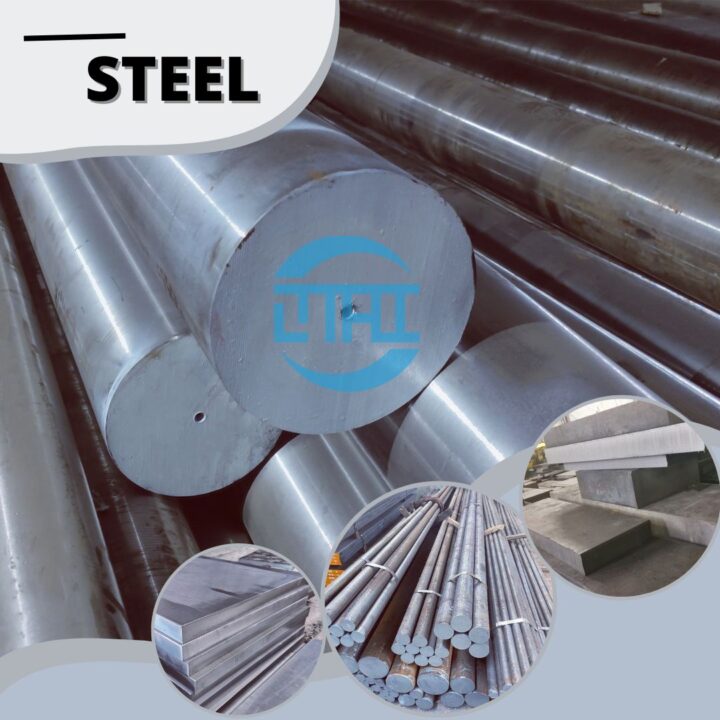Before delving into environmental factors, it is essential to understand the properties of 8620 steel. This low-alloy steel exhibits excellent strength, toughness, and wear resistance, making it suitable for various industrial applications.
Importance of Environmental Factors on Steel Performance
Environmental factors play a critical role in determining the long-term performance and durability of steel components. They can affect mechanical properties, surface integrity, and resistance to degradation.
Effect of Temperature on 8620 Steel
Extreme temperatures, both high and low, can impact the structural stability and hardness of 8620 steel. Thermal cycling can lead to fatigue, causing premature failure in critical applications.
Impact of Moisture and Humidity
Moisture and humidity contribute to corrosion and rust formation on the surface of 8620 steel. Protective measures are necessary to prevent degradation and maintain performance.
Corrosion and 8620 Steel
Corrosion is a primary concern for steel exposed to aggressive environments. Understanding different types of corrosion and selecting appropriate coatings or treatments is crucial to preserve the material’s integrity.
The Role of Chemical Exposure
Chemical exposure, such as acids, alkalis, and industrial solvents, can lead to chemical reactions with 8620 steel. Compatibility assessments and material selection are essential in environments with chemical hazards.
Environmental Stress Cracking
In specific conditions, environmental stress cracking can occur in 8620 steel due to the combined influence of stress and chemical exposure. Identifying susceptible conditions is vital to prevent catastrophic failures.
UV Radiation and Its Effects
Exposure to UV radiation from sunlight can degrade the properties of 8620 steel over time. Protective coatings and shading are options to mitigate UV-related degradation.
Combining Environmental Factors
In real-world scenarios, multiple environmental factors often act simultaneously. Understanding their combined impact is essential for accurate performance predictions.
Strategies for Environmental Protection
To enhance the performance and longevity of 8620 steel components, implementing protective measures like coatings, corrosion inhibitors, and environmental monitoring systems are effective strategies.
The performance and degradation of 8620 steel can be significantly influenced by environmental factors such as temperature, moisture, corrosion, chemicals, UV radiation, and stress. Proper material selection, protective coatings, and environmental monitoring are vital for maintaining the material’s integrity and ensuring long-term reliability.
